A Father & Son Conversation: Growing Up with ADHD [video]
Hear from the perspective of a personal narrative what it “really” means to live with ADHD. Glen Elliott, PhD, MD, and his son, Mark Elliott, MD, psychiatrist, talk about their personal experience with ADHD and the different types of ADHD, ADHD symptoms, the connection between ADHD and executive functioning, treatment options and more. Read more ›
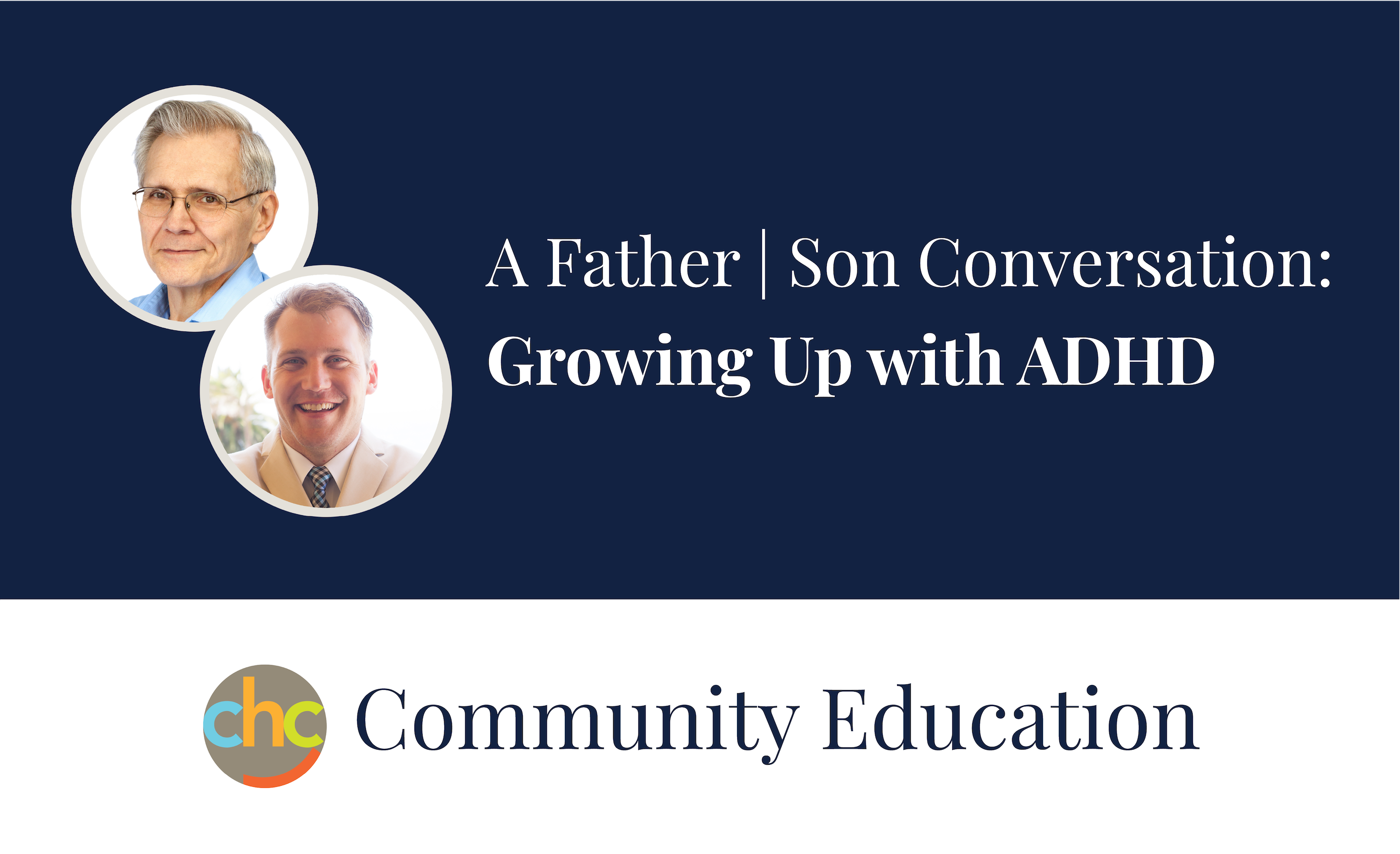
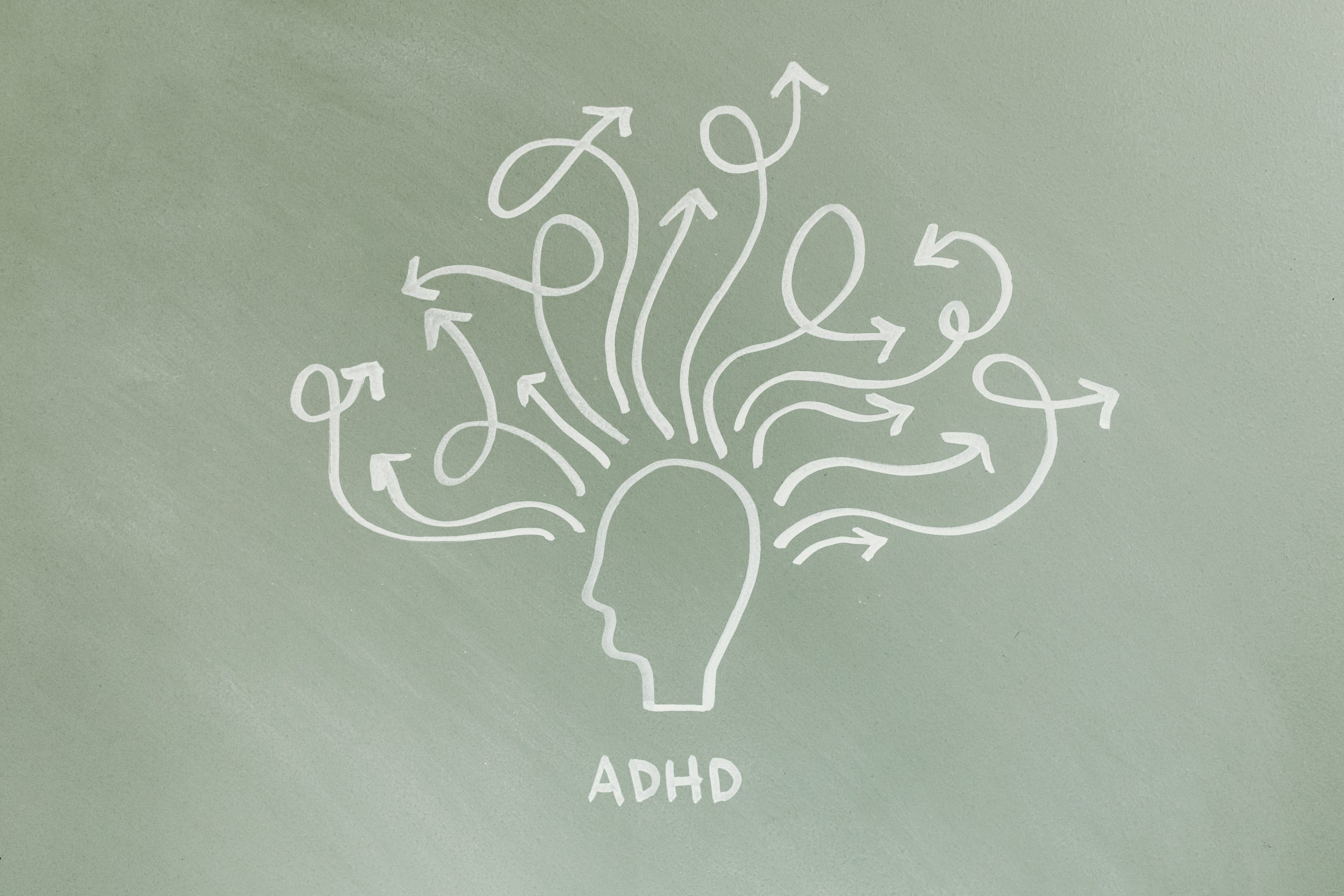
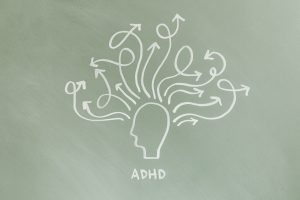 Attention deficit hyperactivity disorder or ADHD is a disorder marked by an ongoing pattern of inattention or hyperactivity that interferes with functioning and development. Though ADHD is diagnosed during childhood, it can also affect adults.
Attention deficit hyperactivity disorder or ADHD is a disorder marked by an ongoing pattern of inattention or hyperactivity that interferes with functioning and development. Though ADHD is diagnosed during childhood, it can also affect adults. 
 For students with learning differences, the shifts from online learning to hybrid to in-person (and back) have made a part of their life that is already challenging exceedingly more difficult. In this Voices of Compassion podcast episode, we sat down with
For students with learning differences, the shifts from online learning to hybrid to in-person (and back) have made a part of their life that is already challenging exceedingly more difficult. In this Voices of Compassion podcast episode, we sat down with 
 There are many tools and strategies that can help with organization, attention, focus, planning, and prioritization. The following are some tools our learning specialists love and use at the
There are many tools and strategies that can help with organization, attention, focus, planning, and prioritization. The following are some tools our learning specialists love and use at the 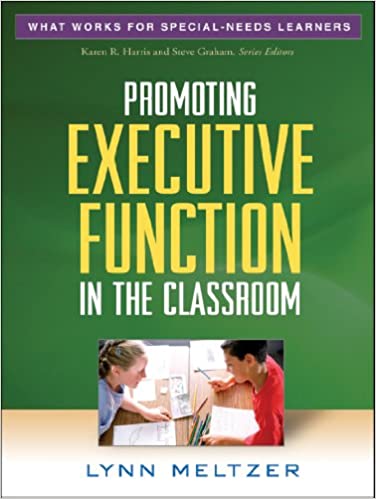
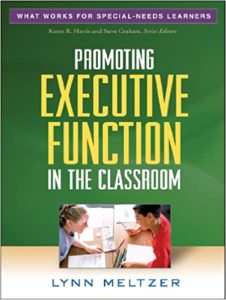 This book helps teachers incorporate executive function processes—such as planning, organizing, prioritizing, and self-checking—into the classroom curriculum. Chapters provide effective strategies for optimizing what K–12 students learn by improving how they learn.
This book helps teachers incorporate executive function processes—such as planning, organizing, prioritizing, and self-checking—into the classroom curriculum. Chapters provide effective strategies for optimizing what K–12 students learn by improving how they learn. 
 Executive functioning issues don’t go away after high school. They’ll continue to have an impact on your child, whether she’s in college or trade school, on the job or navigating everyday situations. Helping your child learn to manage challenges doesn’t mean you’re letting her off the hook. Your support can help her refine skills as she enters a new phase of life.
Executive functioning issues don’t go away after high school. They’ll continue to have an impact on your child, whether she’s in college or trade school, on the job or navigating everyday situations. Helping your child learn to manage challenges doesn’t mean you’re letting her off the hook. Your support can help her refine skills as she enters a new phase of life. 

 Parenting is never easy, but raising a child with exceptional talents who also struggles with learning differences (such as autism, ADHD or dyslexia) is even more complex. In this Voices of Compassion episode, we talk with Callie Turk, a parent of a 2e child and
Parenting is never easy, but raising a child with exceptional talents who also struggles with learning differences (such as autism, ADHD or dyslexia) is even more complex. In this Voices of Compassion episode, we talk with Callie Turk, a parent of a 2e child and 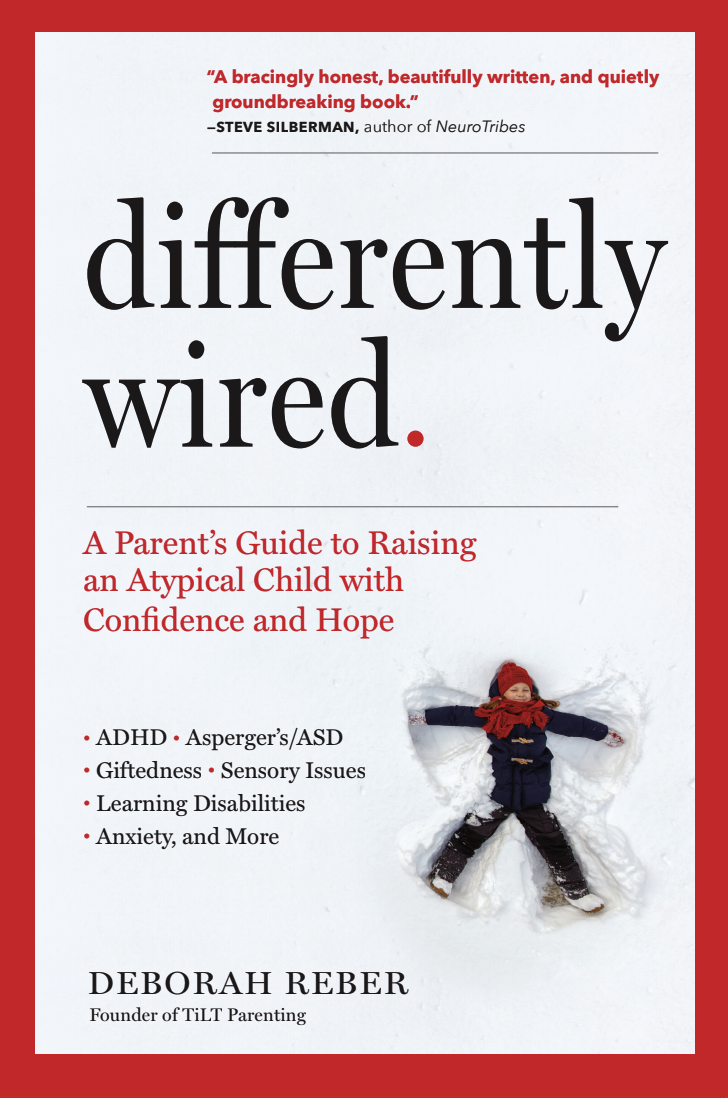
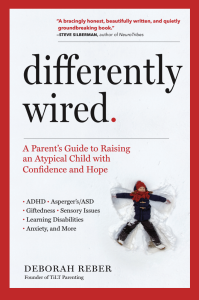 Today millions of kids are stuck in a world that doesn’t respect, support, or embrace who they really are—these are what Deborah Reber is calling the “differently wired” kids, the one in five children with ADHD, dyslexia, Asperger’s, giftedness, anxiety, sensory processing disorder, and other neurodifferences.
Today millions of kids are stuck in a world that doesn’t respect, support, or embrace who they really are—these are what Deborah Reber is calling the “differently wired” kids, the one in five children with ADHD, dyslexia, Asperger’s, giftedness, anxiety, sensory processing disorder, and other neurodifferences. 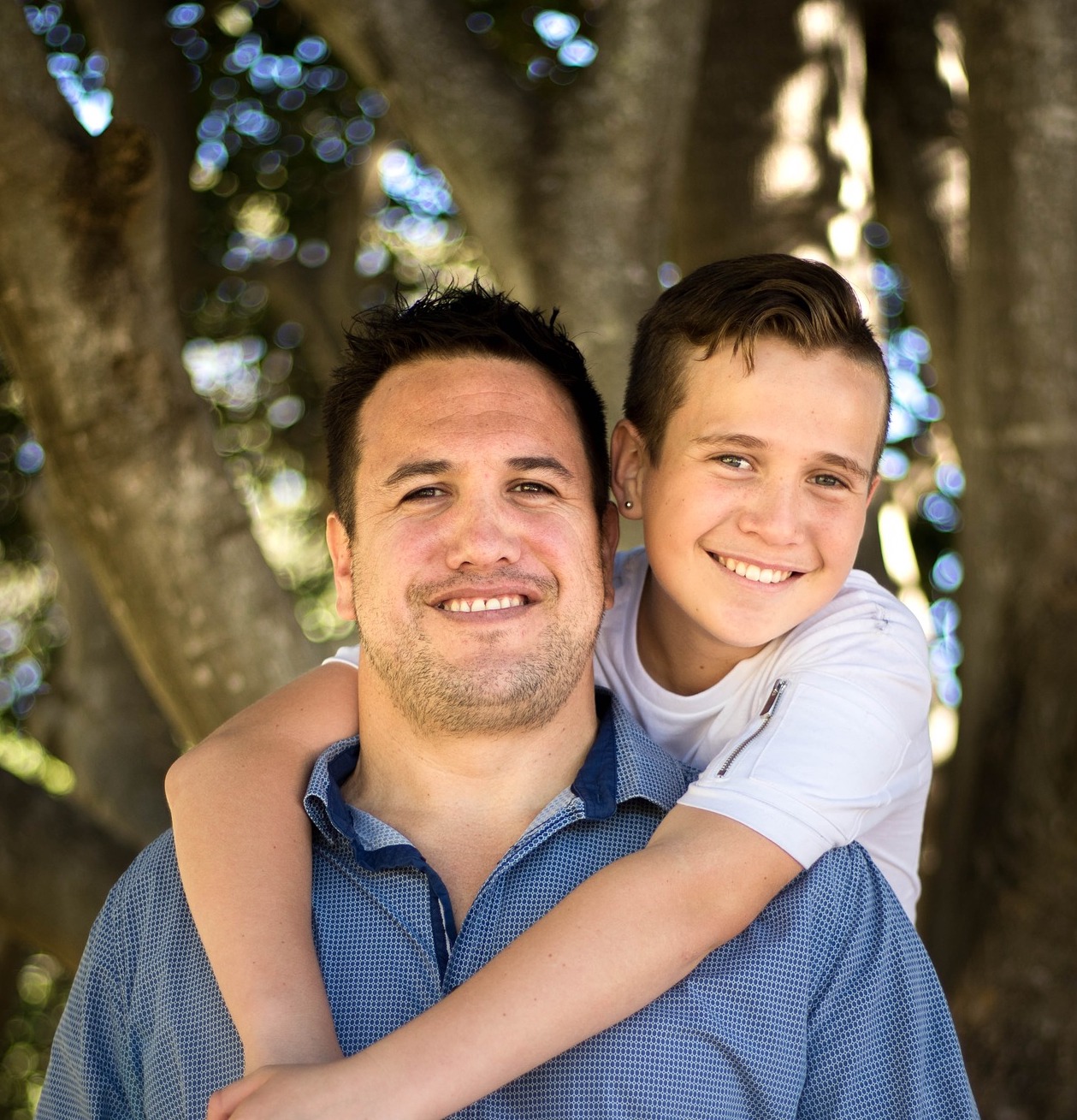
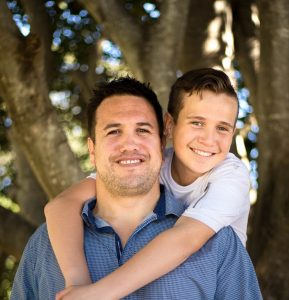 When Kodi Lee appeared on America’s Got Talent, he did so with the help of a cane and his mother. Walking to center stage and speaking took immense effort. After Lee introduced himself, his mother explained that he is blind and autistic. He’s also a talented musician, making him a prominent example of someone who is twice-exceptional, or 2e – terms used to describe people who are intellectually or artistically gifted and have at least one disability.
When Kodi Lee appeared on America’s Got Talent, he did so with the help of a cane and his mother. Walking to center stage and speaking took immense effort. After Lee introduced himself, his mother explained that he is blind and autistic. He’s also a talented musician, making him a prominent example of someone who is twice-exceptional, or 2e – terms used to describe people who are intellectually or artistically gifted and have at least one disability. 
 Twice-exceptional children — those who are gifted and have a learning disability or neurological disorder like ADHD — often struggle with issues related to social-emotional growth and/or regulation. As a result, many of these students battle anxiety, stress, emotional regulation, social anxiety, and executive dysfunction.
Twice-exceptional children — those who are gifted and have a learning disability or neurological disorder like ADHD — often struggle with issues related to social-emotional growth and/or regulation. As a result, many of these students battle anxiety, stress, emotional regulation, social anxiety, and executive dysfunction. 

